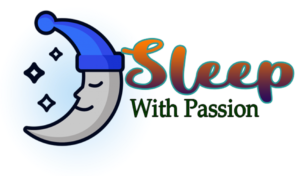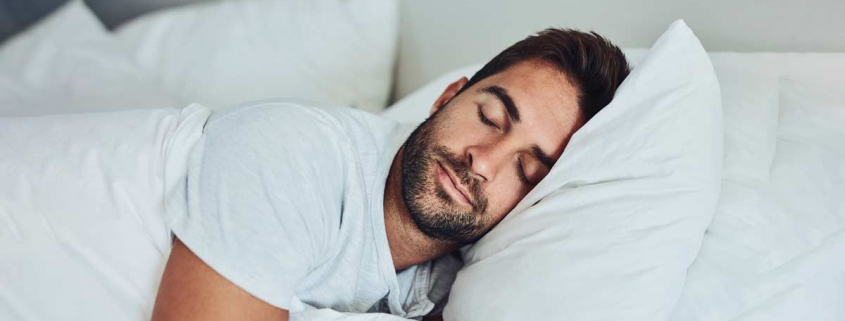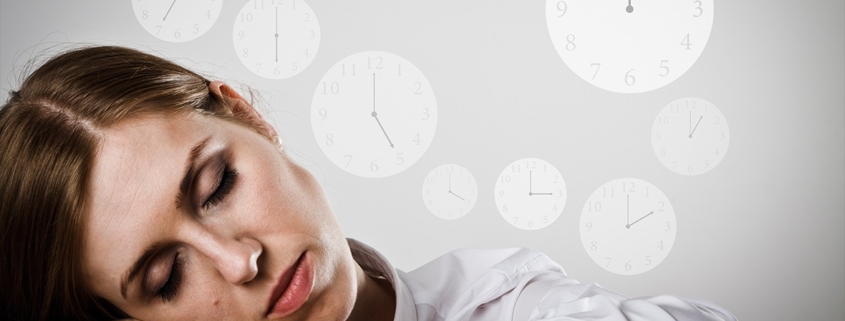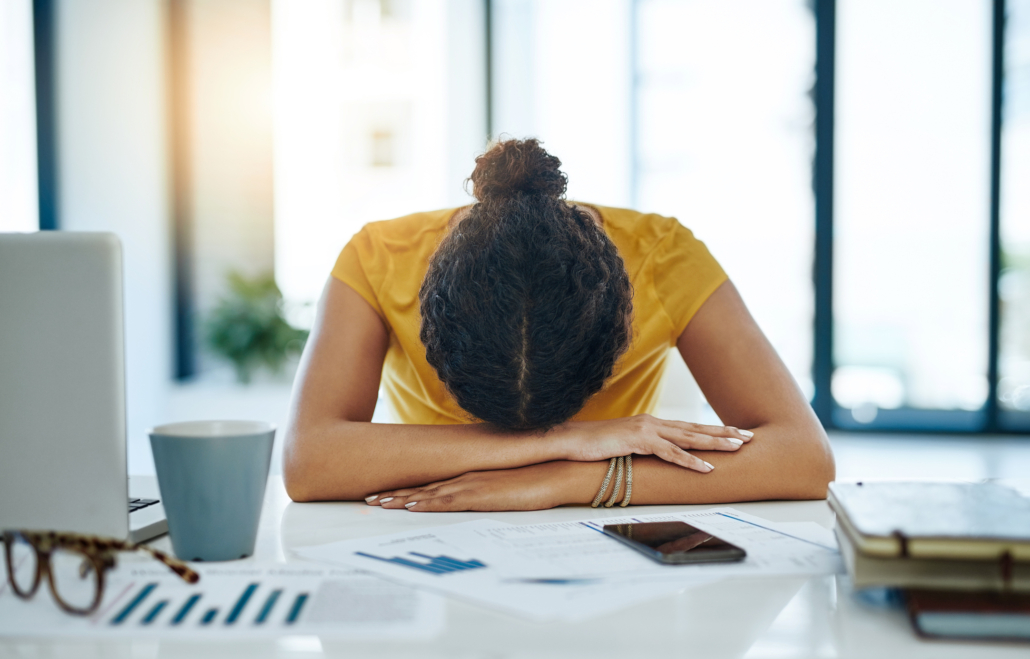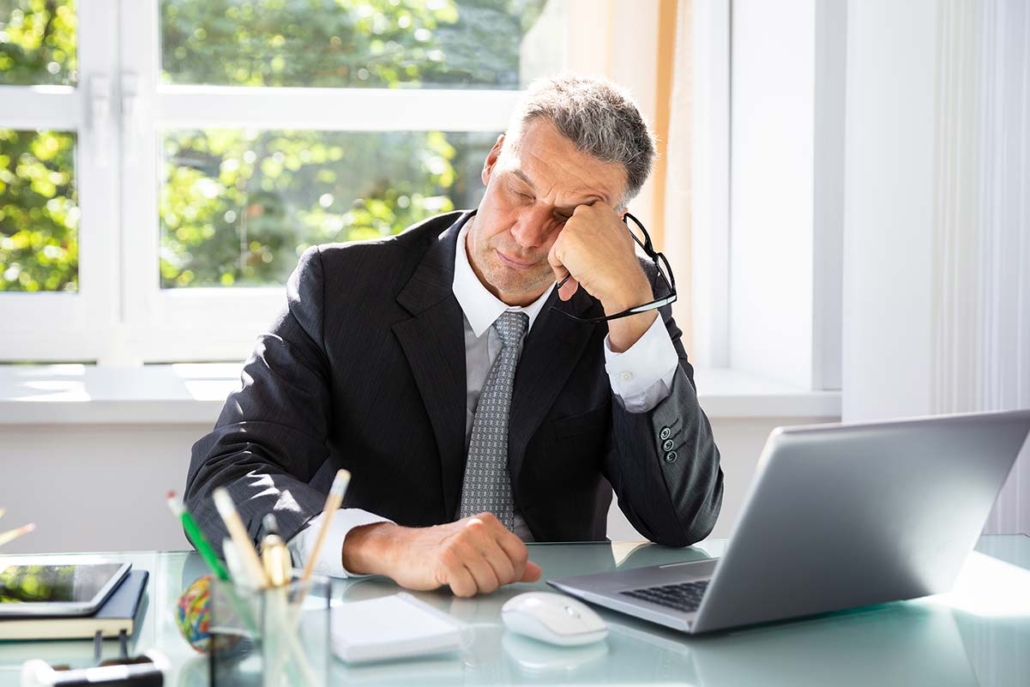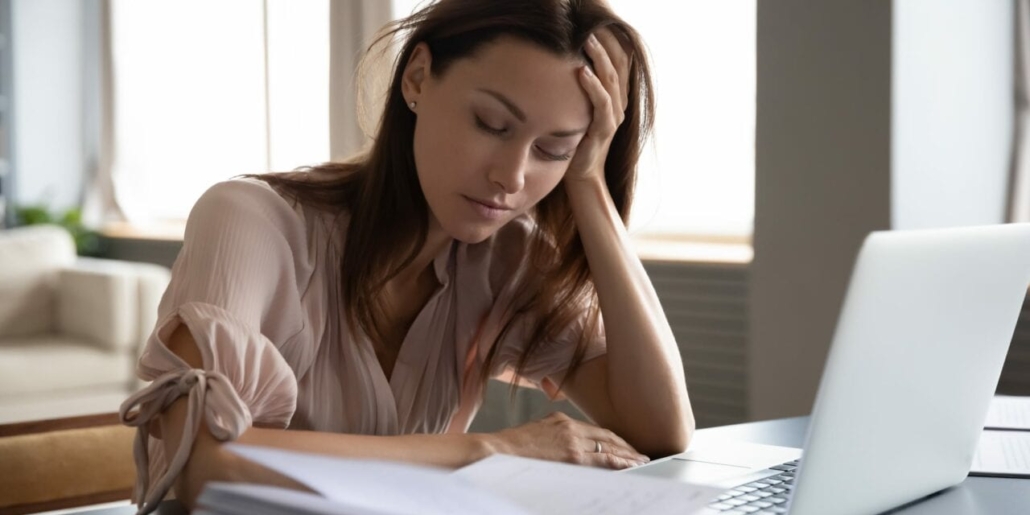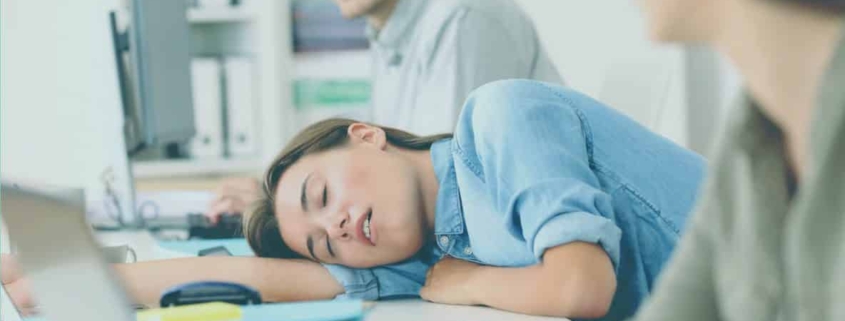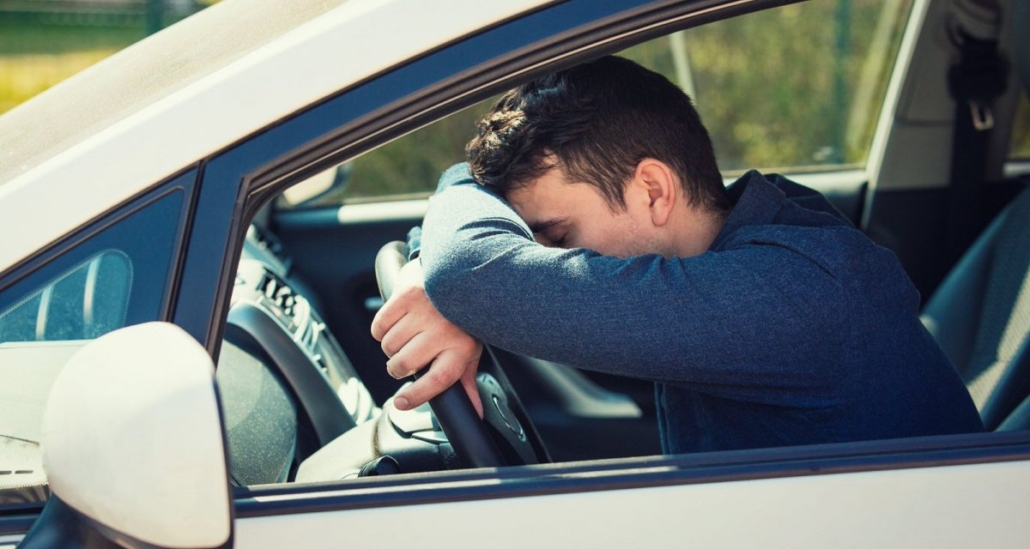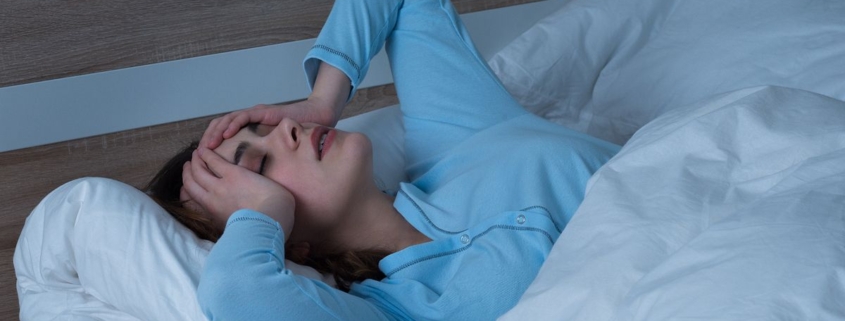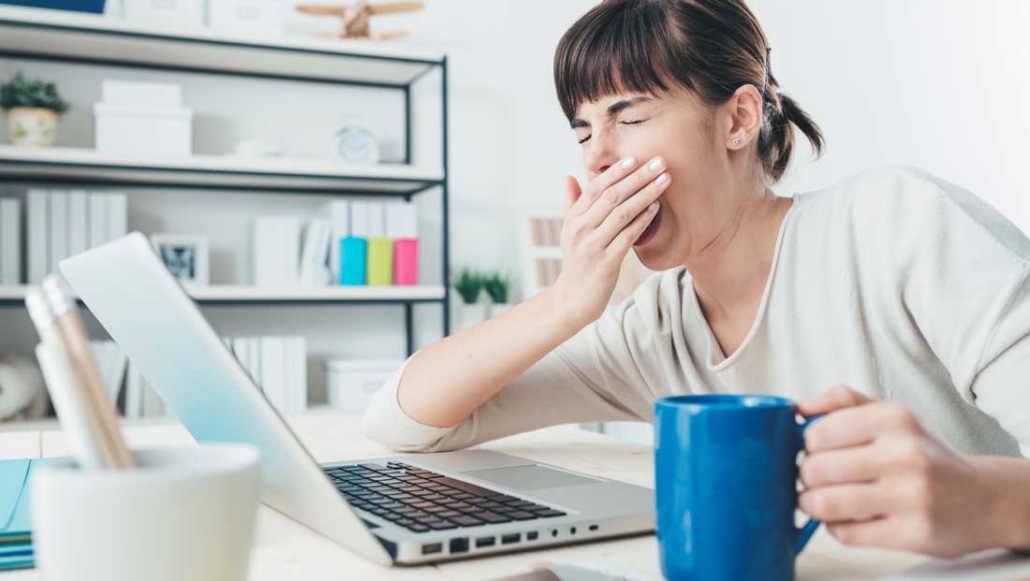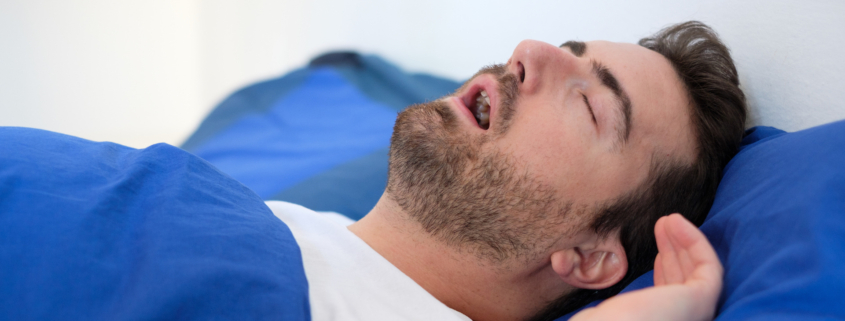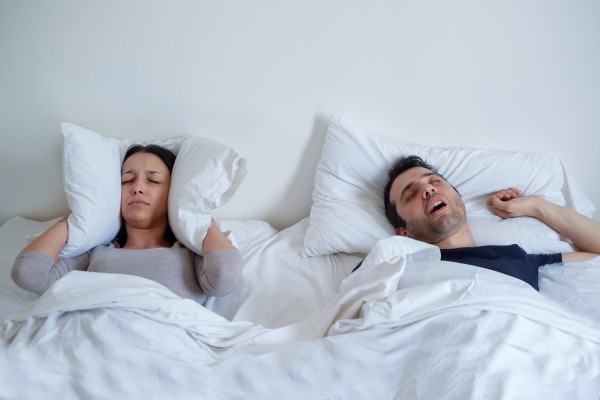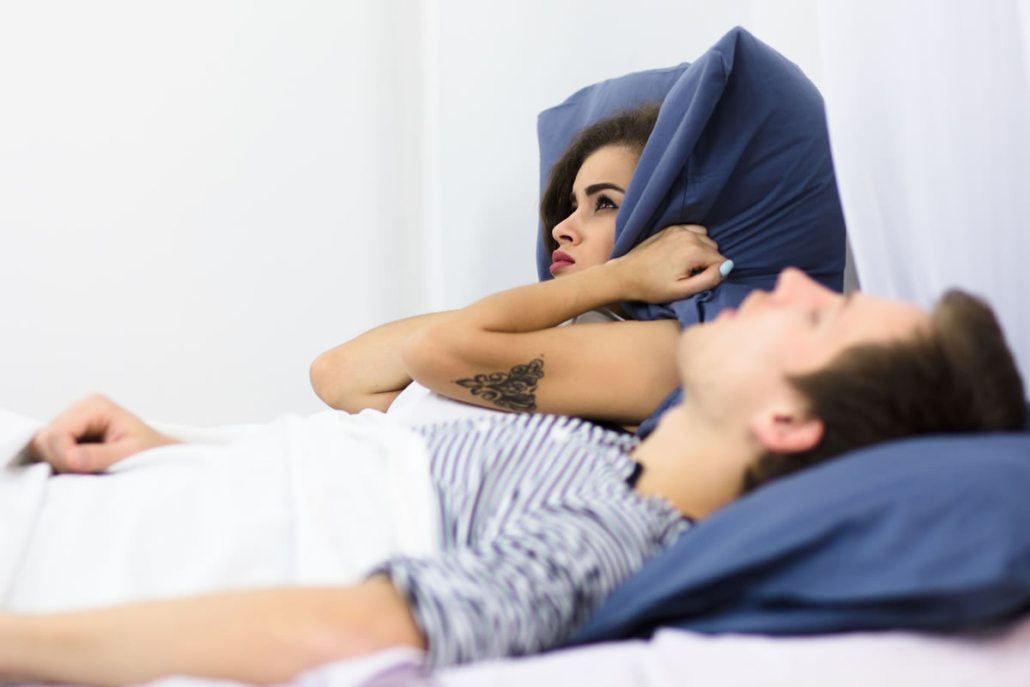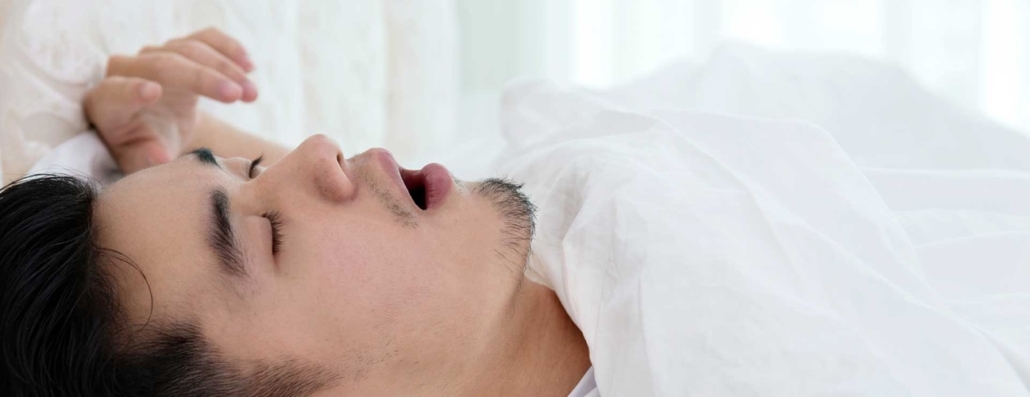Healthy Sleep Habits to Improve Deep Sleep
Take into consideration all of the factors which could hinder a good night’s sleep – from work stress as well as family duties to unpredicted problems, like health problems. It is no surprise that quality sleep is oftentimes elusive. While you might not be able to control the factors that interfere with your sleep, you can adopt habits that encourage better sleep.
Researchers have recognized a number of practices and habits-known as “sleep hygiene“- which could help anybody maximize the hours they invest sleeping, even those whose sleep is impacted by jet lag, insomnia, or shift work. Sleep hygiene may appear unimaginative, however it simply might be the best way of getting the sleep you need on this 24/7 age. Here are a few simple tips for making the sleep you have always wanted a nightly reality:
1. Stay with a sleep schedule
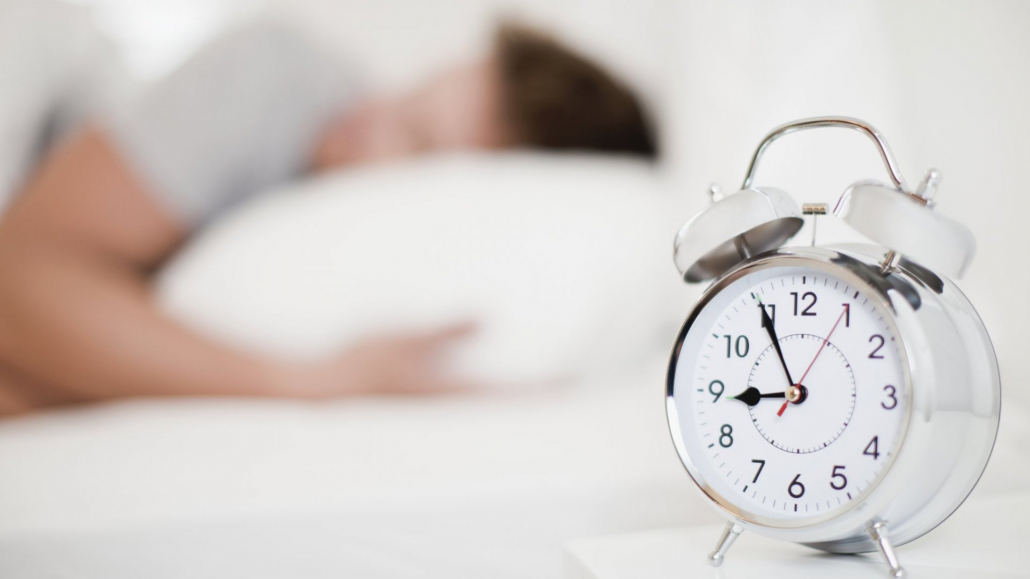
Put aside no greater than 8 hours for sleep. The suggested amount of sleep for any healthy adult is at least 7 hours. The majority of people have no need for more than 8 hours in bed to do this goal.
Head off to bed and get up at the same time every single day. Attempt to restrict the difference on your sleep schedule on weeknights and weekends to a maximum of 1 hour. Being consistent reinforces your own body’s sleep-wake cycle.
In case you do not drift off within around 20 minutes, get away from your bedroom and do anything relaxing. Read or tune in to calming music. Return to bed once you are tired. Do it again as required.
2. Be aware of what you eat and drink
Don’t go to sleep starving or stuffed. Particularly, refrain from heavy or large meals in just a number of hours of bedtime. Your discomfort may make you stay up.
Nicotine, caffeine as well as alcohol should have caution, as well. The stimulating impact of nicotine and caffeine require hours to wear off and could cause havoc on quality sleep. Although alcohol may make you feel sleepy, it could interrupt sleep later at night.
3. Create a restful environment
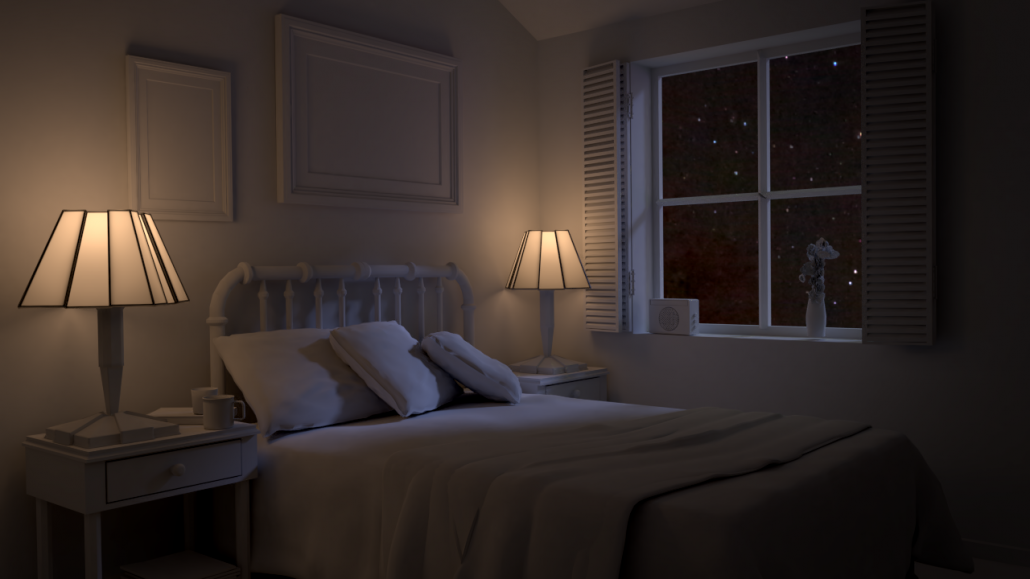
Develop a room which is perfect for sleeping. Usually, this implies cool, dark and quiet. Direct exposure to light could make it more difficult to go to sleep. Refrain from continuous use of light-emitting screens right before bedtime. Think about using room-darkening shades, ear plugs, a fan or other appliances to produce an environment which matches your needs.
Working on calming activities before going to bed, like taking a bath or utilizing relaxation techniques, may promote much better sleep.
4. Restrict daytime naps
Lengthy daytime naps could hinder nighttime sleep. If you opt to nap, limit your own self to about 30 minutes and refrain from doing this late in the day.
In case you work evenings, however, you may need to nap late on the day prior to work to make up your sleep debt.
5. Have physical activity on your daily routine

Daily physical activity could enhance better sleep. Refrain from being active too near to bedtime, however.
Investing time outside each day may be helpful, as well.
6. Handle worries
Attempt to resolve your worries or issues before going to bed. Write down what’s in your thoughts and then set it away for tomorrow.
Stress management may help. Begin with the basics, like becoming organized, setting up priorities and assigning tasks. Meditation could also relieve anxiety.
Know when you should get in touch with your doctor
Almost everybody has an occasional sleepless night – however if you frequently have trouble sleeping, speak to your doctor. Determining and treating any underlying causes could help you have the better sleep you are worthy of.
